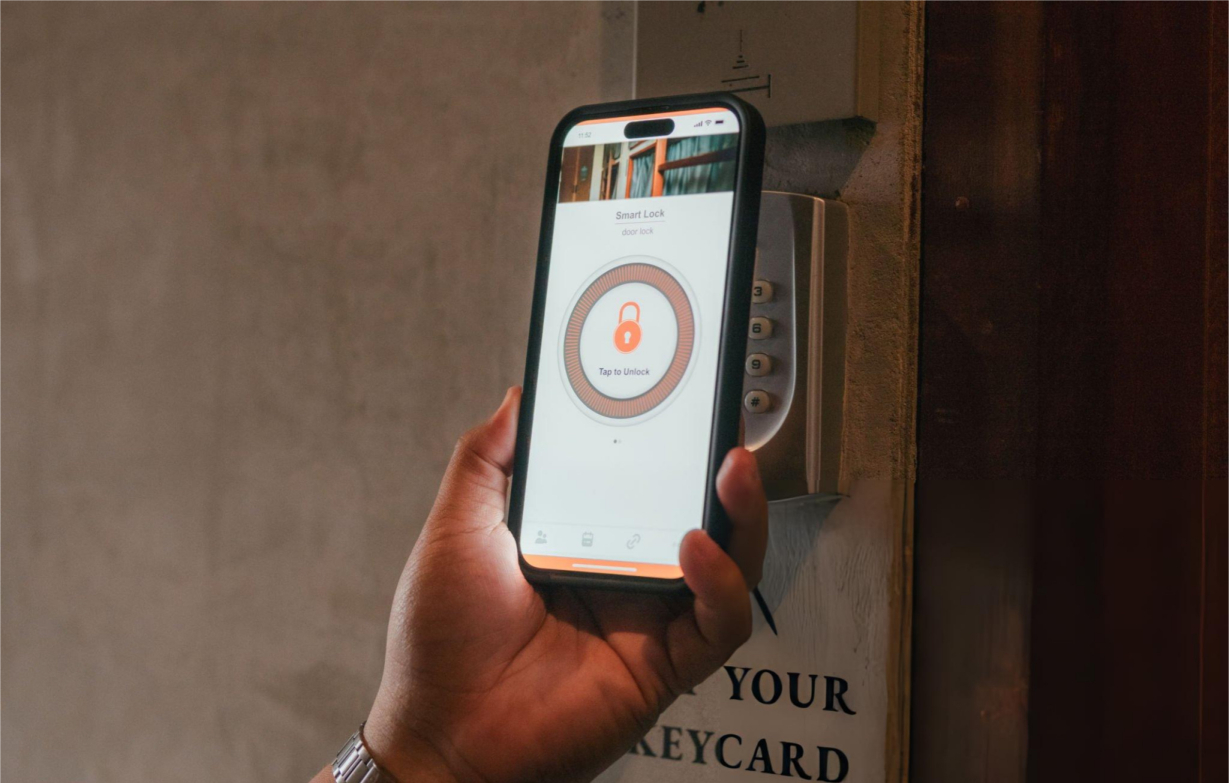Can smart homes be hacked? Many homeowners ask this question before investing in automation. The truth is, a smart home running on a local network is 100% hack-proof because it has no internet connection for hackers to access. However, cloud-connected systems require proper security settings to prevent cyber threats. In this article, we explore how smart homes stay secure and what steps to take for ultimate protection.
How Smart Homes Stay Secure
Smart home security relies on encryption, firewalls, and strong authentication. The level of protection depends on whether the system operates on a cloud-based platform or a local network. Cloud-based smart homes allow remote access but may be vulnerable if security settings are weak. On the other hand, a local smart home network blocks all external threats by keeping device communication private.
Why Local Networks Are 100% Hack-Proof
Unlike cloud-dependent systems, local networks ensure that all smart home devices communicate internally without sending data to external servers. This setup eliminates hacker entry points, making unauthorized access impossible. Smart locks, security cameras, and automation controls remain fully secure.
Key Benefits of a Local Smart Home Network
- No external access points, eliminating hacking risks.
- All data stays within the home, ensuring total privacy.
- Eliminates reliance on cloud servers, which can be targeted by attackers.
- Faster, more reliable automation with no internet delays.
- More control over security settings without third-party interference.
Are Cloud-Based Smart Homes at Risk?
Cloud-based smart homes rely on internet access for remote control, voice assistants, and system updates. If security settings are weak, hackers may find ways to gain access. Common risks include weak passwords, outdated software, and unsecured Wi-Fi networks. However, when properly configured, cloud-based systems still provide strong protection.
How to Secure a Cloud-Connected Smart Home
- Use strong, unique passwords for each smart home device.
- Enable two-factor authentication to add an extra layer of security.
- Keep firmware and software updated to fix vulnerabilities.
- Set up a dedicated Wi-Fi network just for smart home devices.
- Choose reputable smart home brands that use encryption and strong security protocols.
How Smart Homes Defend Against Cyber Threats
Manufacturers are constantly improving smart home security. Many devices now use end-to-end encryption, secure boot technology, and AI-driven threat detection to block unauthorized access. When combined with strong user authentication, these features keep cloud-connected systems well protected.
What About Smart Home Privacy?
Privacy is a major concern for homeowners using cloud-based automation. Local data storage helps avoid unnecessary data collection by cloud providers. Many high-end security cameras, such as the Arlo Pro 4, offer encrypted local storage options, allowing users to keep their information private.
Final Verdict: Can Smart Homes Be Hacked?
If a smart home runs on a local network, it is completely secure. Hackers can only target systems with internet access. A properly configured local network blocks all cyber threats, making hacking impossible. Even cloud-connected smart homes, when protected with strong passwords and encryption, remain highly secure.
Upgrade to a Secure Smart Home with TechNest
TechNest specializes in smart home installations that prioritize security and privacy. Whether you want a fully local network setup or a cloud-connected system with top-tier encryption, we ensure your smart home is protected against cyber threats.
Are you ready to upgrade your home with smart technology? TechNest can help you design and install the perfect smart home system—customized for your lifestyle and budget.

